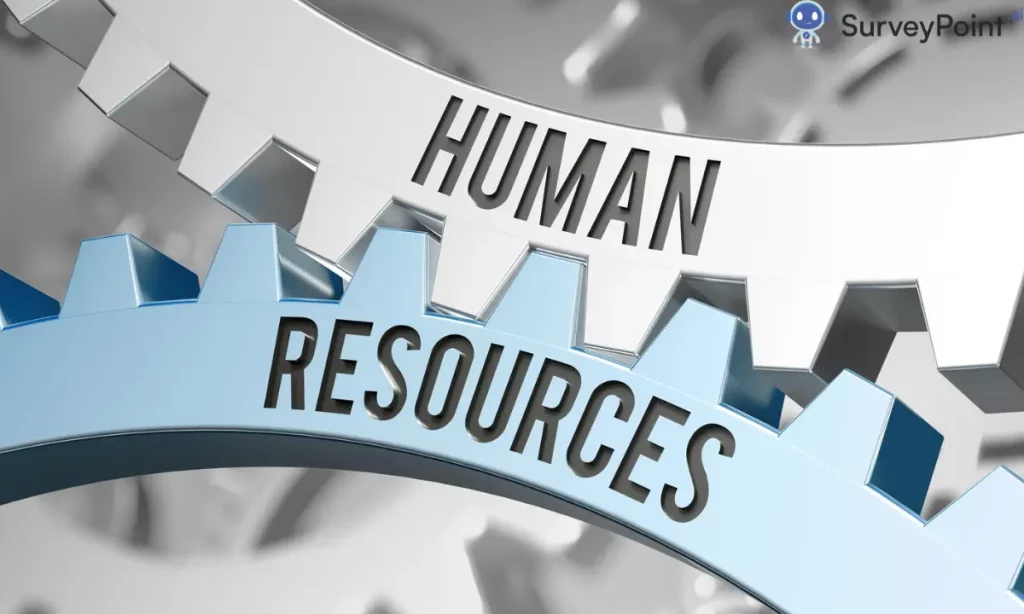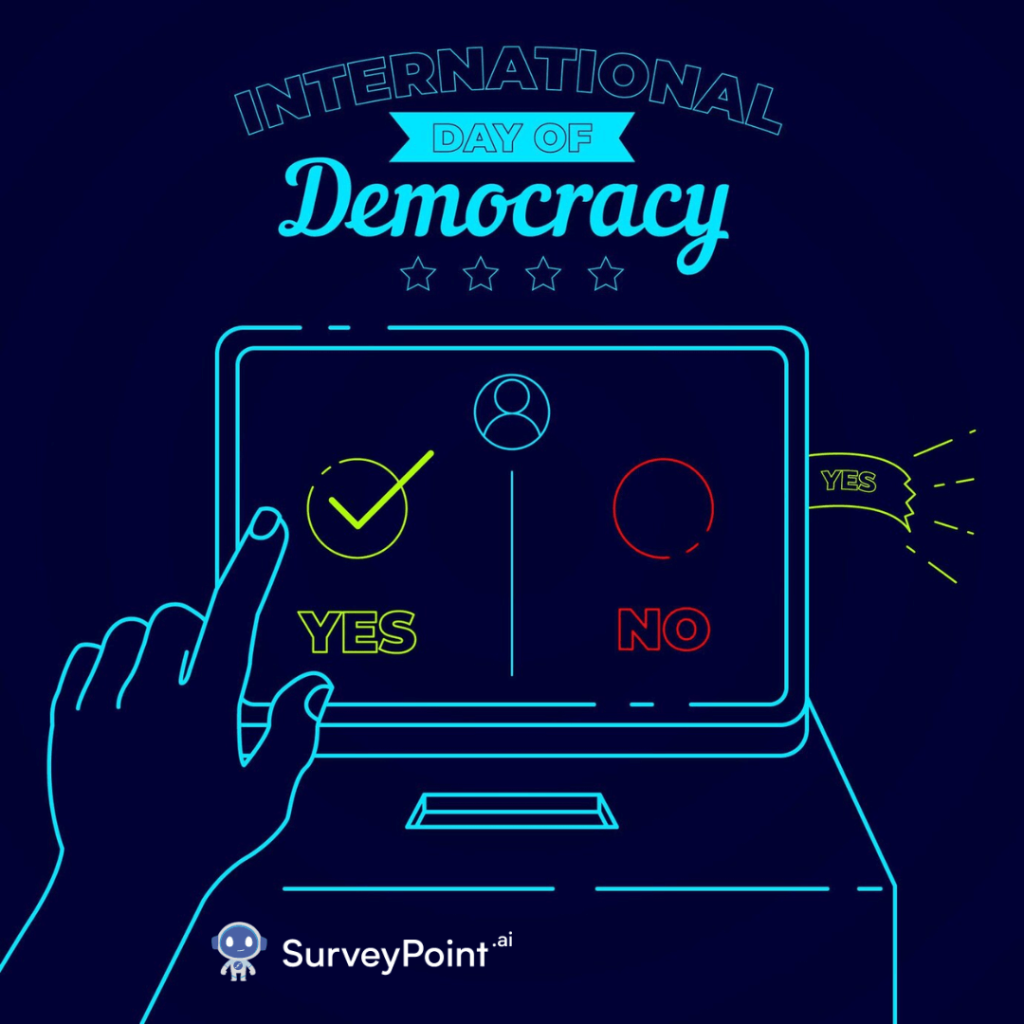
In the dynamic landscape of business, where the heart of an organization lies in its people, effective Human Resource Management (HRM) plays a pivotal role. In this comprehensive blog post, we’ll explore the essence of HRM, its core objectives, why it’s indispensable for any company, and the key responsibilities of a Human Resource Manager.
Understanding Human Resource Management:
Human Resource Management (HRM) is the strategic approach to managing an organization’s workforce. It encompasses a wide range of functions aimed at maximizing employee performance and ensuring the organization achieves its goals. From recruitment and training to performance management and employee relations, HRM touches every aspect of the employee lifecycle.
Objectives of HRM:
- Recruitment and Selection: HRM aims to attract, recruit, and select qualified candidates who possess the skills, qualifications, and values that align with the organization’s culture and objectives.
- Training and Development: HRM seeks to enhance employee skills, knowledge, and competencies through training programs, workshops, and professional development initiatives to improve performance and productivity.
- Performance Management: HRM involves monitoring and evaluating employee performance, providing feedback, and implementing strategies to improve individual and organizational effectiveness.
- Compensation and Benefits: HRM establishes fair and competitive compensation structures, including salary, bonuses, and benefits, to attract, motivate, and retain top talent.
- Employee Relations: HRM fosters positive relationships between employees and management, addresses conflicts and grievances, and promotes a harmonious work environment to enhance morale and productivity.
Need for HRM in Your Company:
Implementing effective HRM practices is crucial for the success and sustainability of any company for several reasons:
- Talent Acquisition: HRM ensures the organization attracts and retains top talent, driving innovation, and maintaining a competitive edge in the marketplace.
- Employee Development: HRM invests in employee development and growth, fostering a culture of continuous learning and skill enhancement to meet evolving business needs.
- Employee Engagement: HRM focuses on creating a positive work environment where employees feel valued, engaged, and motivated, leading to higher levels of job satisfaction and retention.
- Compliance and Risk Management: HRM ensures compliance with labor laws, regulations, and ethical standards, reducing legal risks and protecting the company’s reputation.
- Strategic Alignment: HRM aligns HR strategies with overall business objectives, enabling the organization to achieve its long-term goals and remain agile in a rapidly changing business environment.
Responsibilities of Human Resource Manager:
A Human Resource Manager is responsible for overseeing all HR functions within an organization. Their duties typically include:
- Developing and implementing HR policies, procedures, and programs.
- Managing recruitment and selection processes, including job postings, interviews, and onboarding.
- Conducting performance evaluations and providing feedback to employees.
- Handling employee relations issues, including conflict resolution and disciplinary actions.
- Administering compensation, benefits, and payroll processes.
- Ensuring compliance with labor laws, regulations, and organizational policies.
- Developing and implementing employee engagement initiatives and retention strategies.
Conclusion:
In conclusion, Human Resource Management is the cornerstone of building a successful and thriving workplace. By effectively managing the organization’s most valuable asset—its people—HRM contributes to improved employee performance, increased productivity, and organizational success. So, whether you’re a small startup or a multinational corporation, investing in HRM practices and having a skilled Human Resource Manager on board is essential for fostering a positive work culture and driving business growth. For more information checkout- surveypoint.ai




